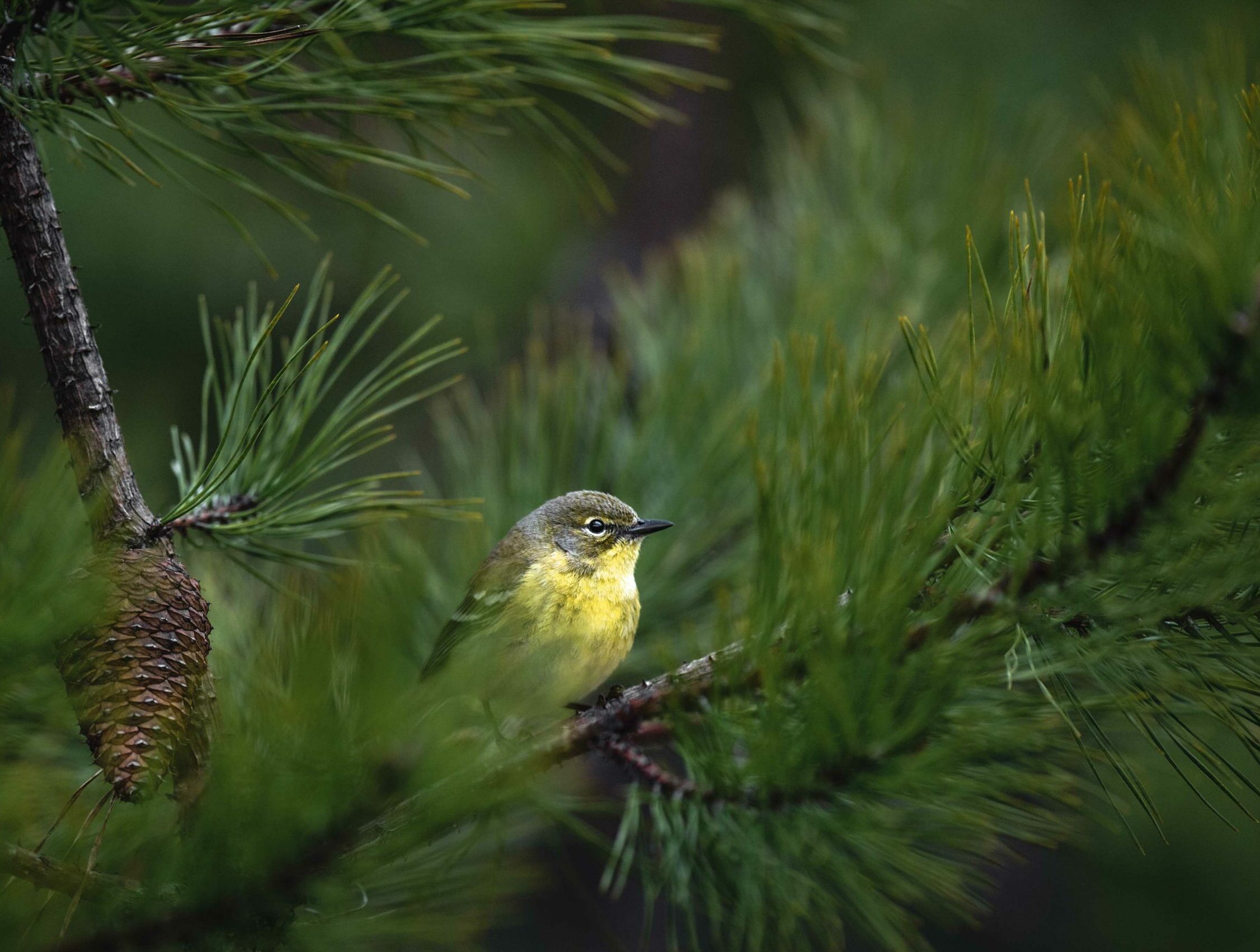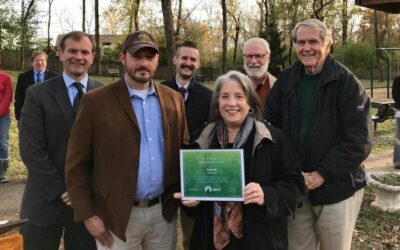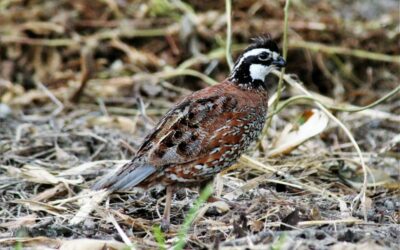Maintaining forests
Tennessee Wildlife Federation works with private landowners and public agencies to prepare forest management plans and provide resources to restore diversity and overall health of their forests.
Why Forests?
14
acres of forests in Tennessee.
Great Smoky Mountains National Park contains more species of trees than northern Europe.
of Tennessee’s forests are privately-owned.

forest management benefits wildlife, people, and the economy.
Forests are diverse—a single forest can contain several different types of habitat. Forests contain thousands of species of plants and wildlife, and each one of those species plays an essential role in the forest ecosystem. Maintaining a variety of shrubs, grasses, and trees of different heights creates layers of habitat and provides shelter and resources for hundreds of species of wildlife.
Healthy, functioning forests provide many benefits beyond wildlife value. Forests aid in climate regulation by removing carbon from the atmosphere and storing it in wood, leaves, and soil. Trees improve water quality by acting as natural sponges—by absorbing rainwater before it flows to a body of water, trees filter pollutants and reduce soil erosion. Forests also provide billions in economic value through recreation and tourism opportunities, wood products, and much more.
What we do for forests
4,000
of forests restored or conserved through prescribed burning, tree planting, and writing plans that promote sustainable timber management.
with private landowners and public agencies to restore large areas of contiguous forest.
forest management plans written, covering more than 20,000 acres of forestland.
Are you a landowner?
Interested in learning if your land is a fit for habitat restoration?
Give
Your generosity helps manage wildlife populations and restore habitats for a more vibrant Tennessee.
More Habitat Restoration
Tennesseans Create NWF Certified Wildlife Habitats
Tennessee Wildlife Federation board member Anker Browder presented Knoxville Mayor Rogero and city officials with NWF’s Community Wildlife Habitat certification. First Community Wildlife Habitat in...
Bipartisan Bill Aims to Keep Wildlife from Becoming Endangered
Recovering America’s Wildlife Act funds proactive, state-led efforts nationwide. Tennessee Wildlife Resources Agency would receive $20.8 million annually. According to the 2015 Tennessee State...
Habitat Restoration Projects Under Construction
Habitat conservation and restoration is a top priority for the Federation, and director of conservation Chris Roberts is excited to have multiple projects in the pipeline. By conserving lands and...



